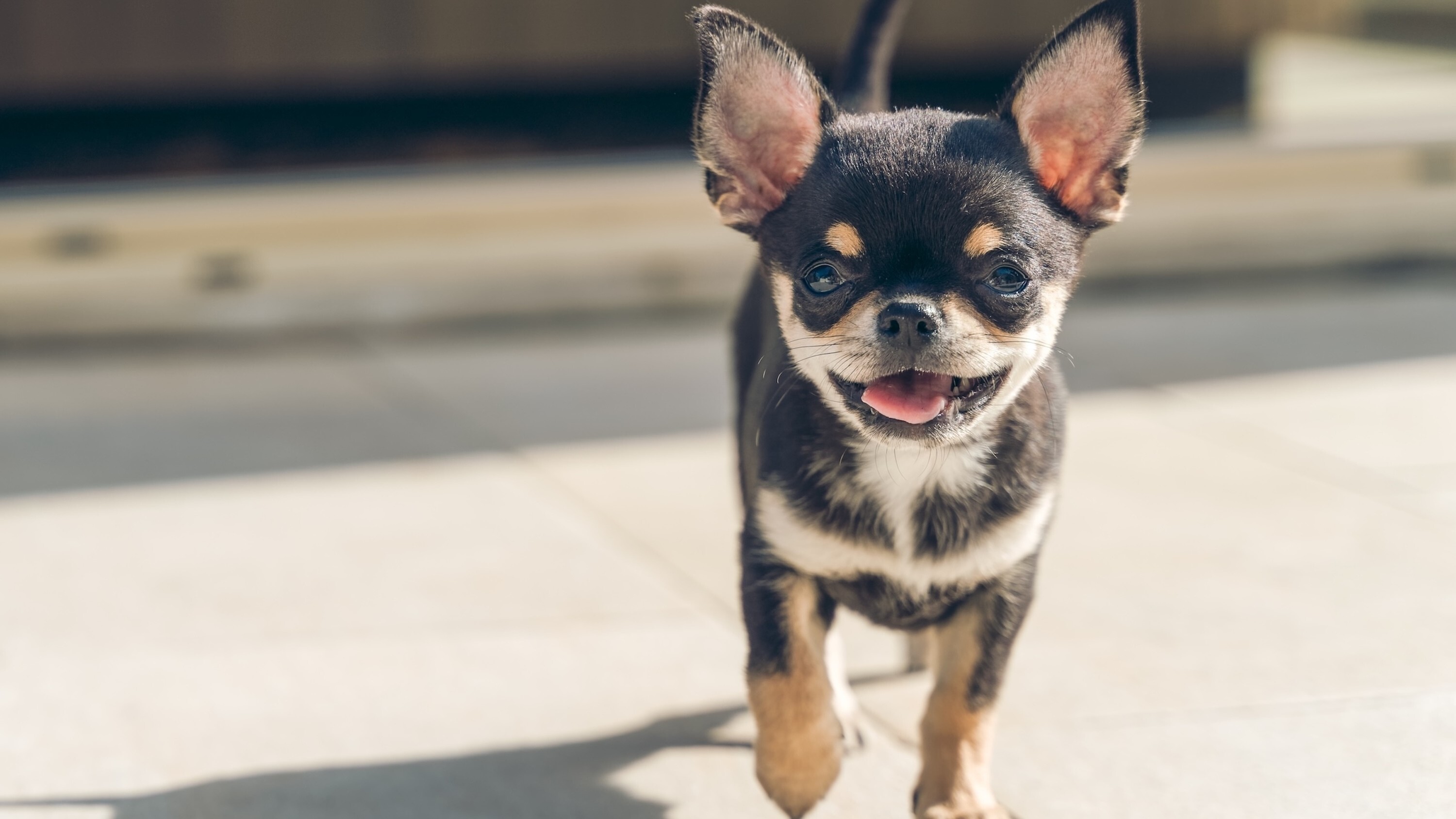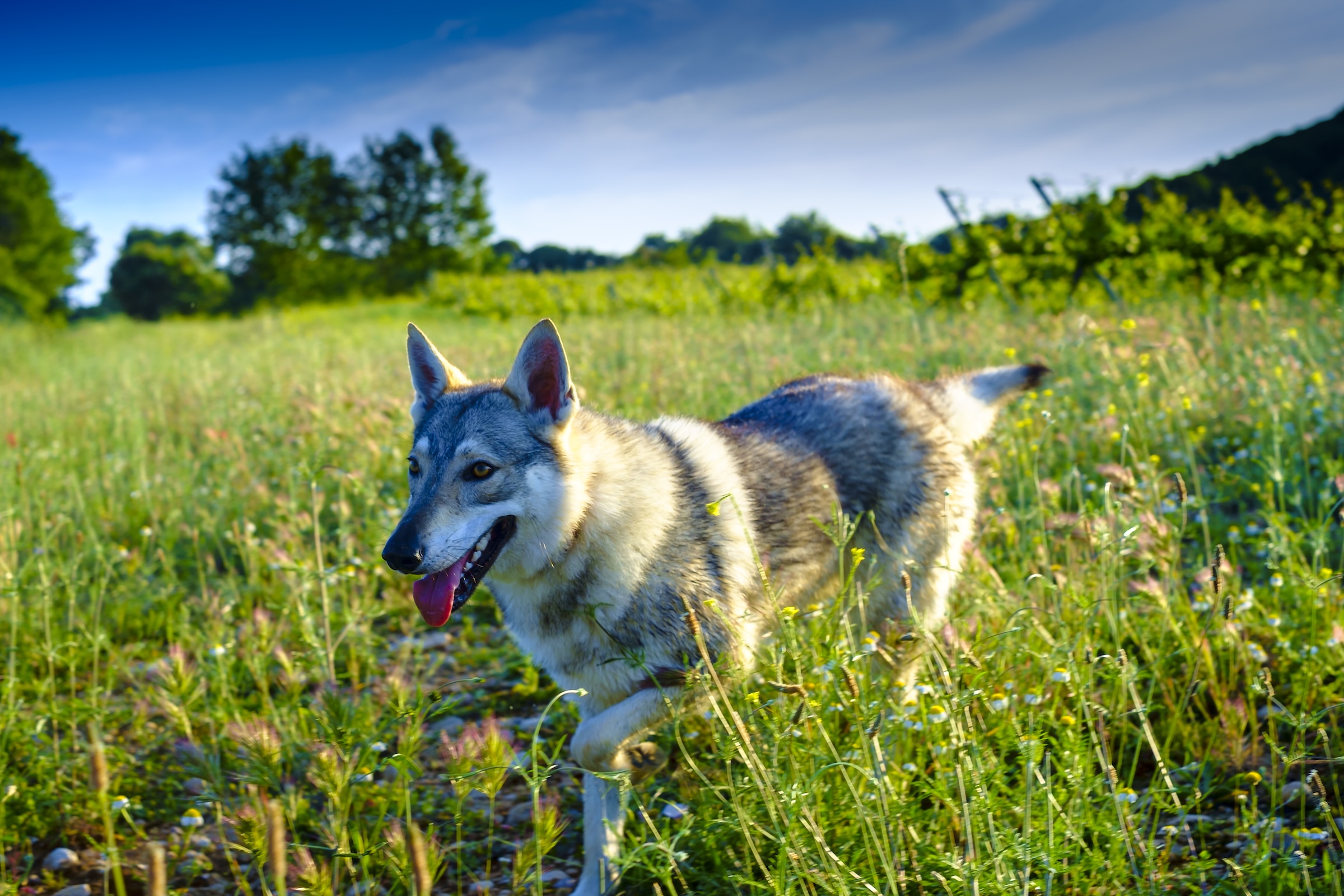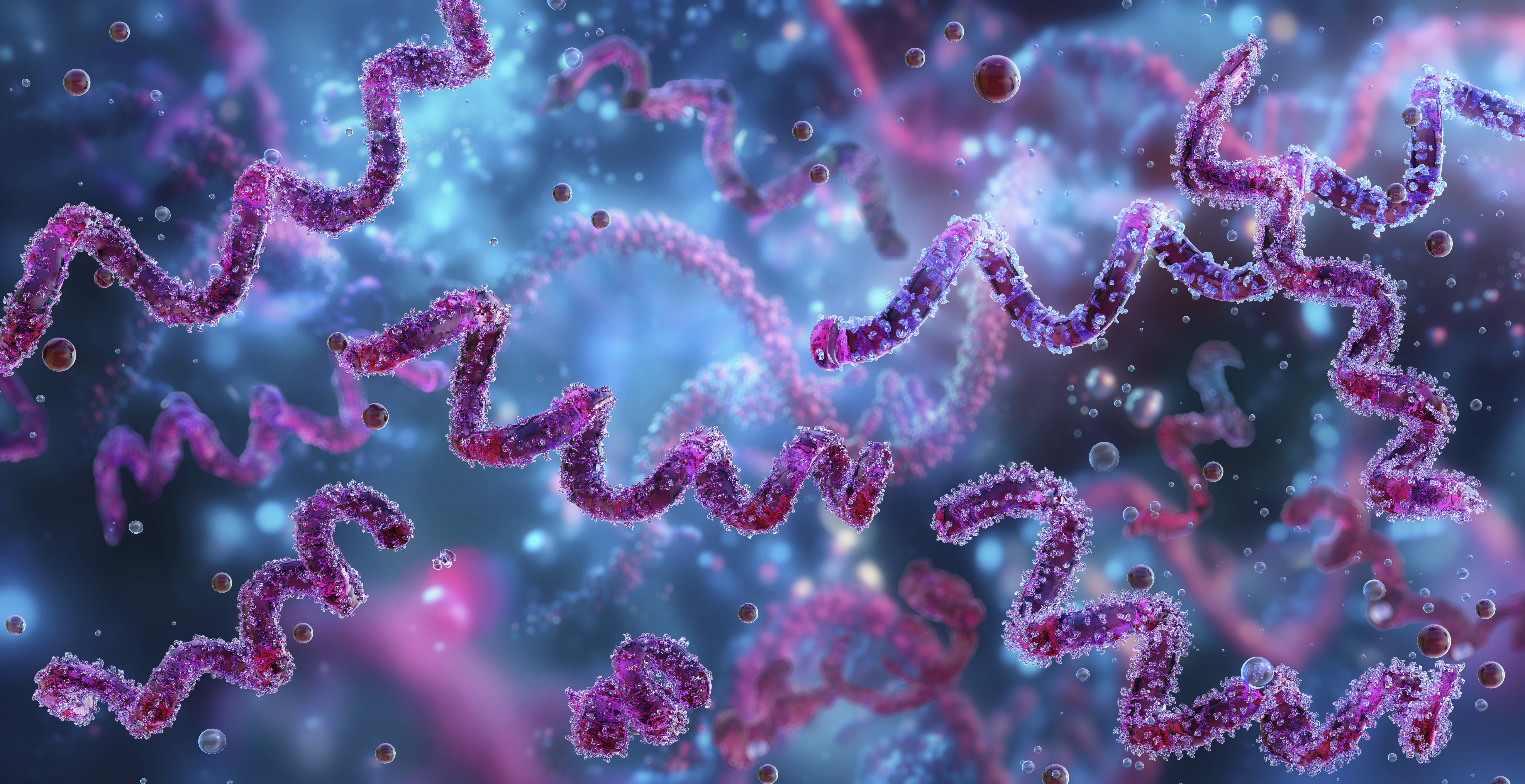Most modern dogs have wolf DNA from relatively recent interbreeding. Here's which breeds are the most and least 'wolfish.'
About two-thirds of modern dog breeds carry some wolf ancestry introduced within the past few thousand years.

Get the world’s most fascinating discoveries delivered straight to your inbox.
You are now subscribed
Your newsletter sign-up was successful
Want to add more newsletters?

Delivered Daily
Daily Newsletter
Sign up for the latest discoveries, groundbreaking research and fascinating breakthroughs that impact you and the wider world direct to your inbox.

Once a week
Life's Little Mysteries
Feed your curiosity with an exclusive mystery every week, solved with science and delivered direct to your inbox before it's seen anywhere else.

Once a week
How It Works
Sign up to our free science & technology newsletter for your weekly fix of fascinating articles, quick quizzes, amazing images, and more

Delivered daily
Space.com Newsletter
Breaking space news, the latest updates on rocket launches, skywatching events and more!

Once a month
Watch This Space
Sign up to our monthly entertainment newsletter to keep up with all our coverage of the latest sci-fi and space movies, tv shows, games and books.

Once a week
Night Sky This Week
Discover this week's must-see night sky events, moon phases, and stunning astrophotos. Sign up for our skywatching newsletter and explore the universe with us!
Join the club
Get full access to premium articles, exclusive features and a growing list of member rewards.
Most modern dog breeds have small amounts of wolf ancestry from long after dogs were domesticated, according to a new study.
The wolf DNA isn't left over from when dogs and wolves diverged; instead, it most likely came from interbreeding in the past few thousand years. That wolfish influence may be linked to certain characteristics, such as size and personality traits, in different dog breeds, researchers reported Nov. 24 in the journal PNAS.
"Dogs are our buddies, but apparently wolves have been a big part of shaping them into the companions we know and love today," study co-author Logan Kistler, curator of archaeobotany and archaeogenomics at the Smithsonian National Museum of Natural History in Washington, D.C., said in a statement.
Wolves and dogs genetically split more than 20,000 years ago. Since then, there has been some gene flow between dogs and wolves, thanks to their genetic compatibility. To measure the extent of intermixing and its effects on both animals, researchers studied the previously published genomes of nearly 2,700 dogs and wolves from the Late Pleistocene (the last ice age) to the present. This group included 146 ancient dogs and wolves, 1,872 modern dogs and about 300 "village dogs" that lived around humans but weren't pets.
At least 264 modern dog breeds have wolf ancestry passed on from mating that occurred an average of 900 dog generations ago, which equates to about 2,600 years ago — long after dogs became domesticated at least 20,000 years ago, the team found. The most wolfish dogs had up to 40% wolf ancestry in their genomes, but most had between zero and 5% wolf ancestry.
"Prior to this study, the leading science seemed to suggest that in order for a dog to be a dog, there can't be very much wolf DNA present, if any," study co-author Audrey Lin, an evolutionary biologist at the American Museum of Natural History in New York City, said in the statement. "But we found if you look very closely in modern dog genomes, wolf is there. This suggests that dog genomes can "tolerate" wolf DNA up to an unknown level and still remain the dogs we know and love."

Czechoslovakian and Saarloos wolfdogs had the highest degree of wolf ancestry, which is perhaps unsurprising, since they were intentionally bred by crossing domestic dogs with wolves in the 20th century. Larger dogs and certain working breeds — such as Arctic sled dogs, hunting dogs and certain guardian dog breeds from west and Central Asia, such as Anatolian shepherds — tended to have higher levels of wolf ancestry.
Get the world’s most fascinating discoveries delivered straight to your inbox.
But plenty of breeds didn't fit these patterns. Some large guardian dogs, such as bullmastiffs and Saint Bernards, didn't have any detectable wolf ancestry. And some smaller dogs had small amounts of wolfish DNA. For instance, 0.2% of the Chihuahua's genome can be traced back to wolves, the team found.
"This completely makes sense to anyone who owns a Chihuahua," Lin said in the statement. "And what we've found is that this is the norm — most dogs are a little bit wolfy."
Meanwhile, every tested "village dog" had wolf DNA in its genome, the scientists found. And the reason why might be related to their survival. "The stretches of wolf DNA we found in village dog genomes contained genes related to olfactory receptors," Lin and Kistler wrote in The Conversation. "We imagine that olfactory abilities influenced by wolf genes may have helped these free-living dogs survive in harsh, volatile environments."
Some personality traits that kennel clubs use to describe certain breeds also tracked with the amount of wolfish influence. Breeds with lower wolf ancestry were frequently described as "friendly," "easy to train" or "lively," while breeds with more wolf DNA were pegged as "suspicious of strangers," "independent" and "dignified." It's not yet clear if wolf genes are directly responsible for these traits.

Skyler Ware is a freelance science journalist covering chemistry, biology, paleontology and Earth science. She was a 2023 AAAS Mass Media Science and Engineering Fellow at Science News. Her work has also appeared in Science News Explores, ZME Science and Chembites, among others. Skyler has a Ph.D. in chemistry from Caltech.
You must confirm your public display name before commenting
Please logout and then login again, you will then be prompted to enter your display name.
 Live Science Plus
Live Science Plus










